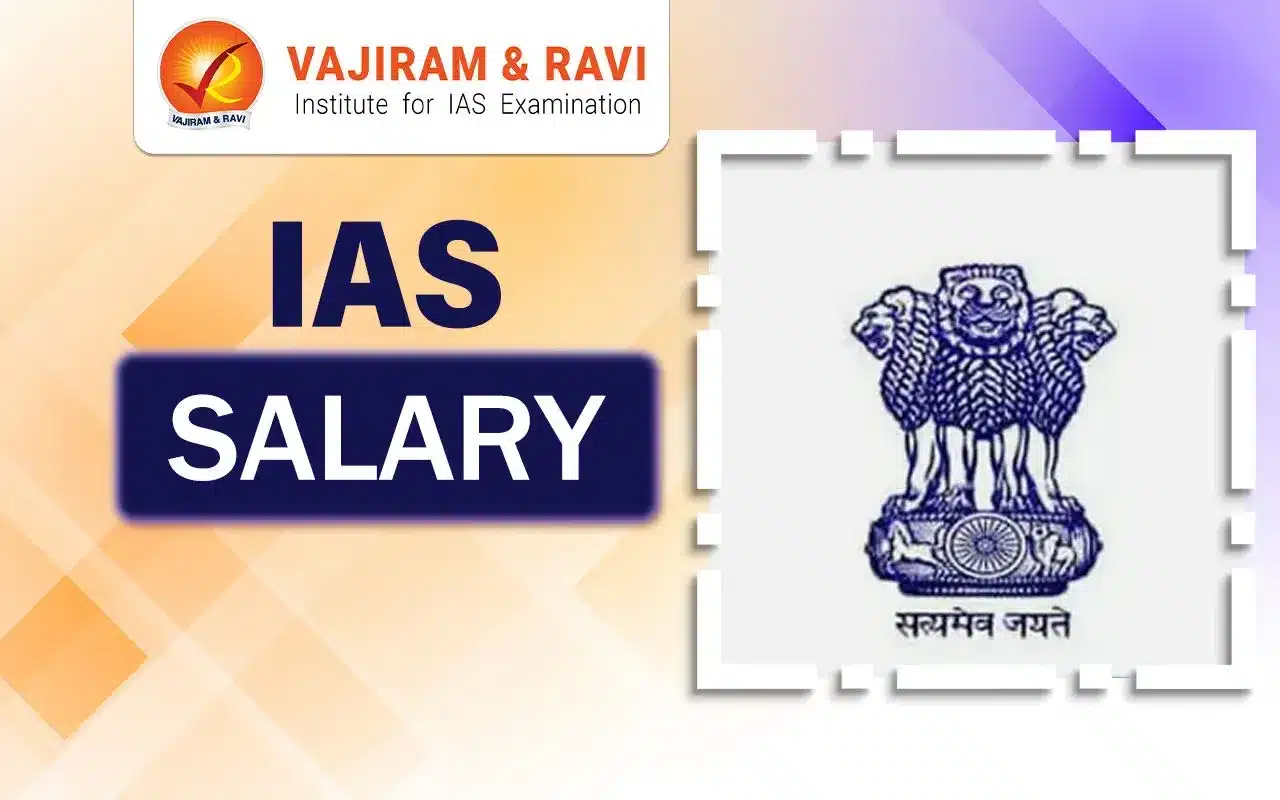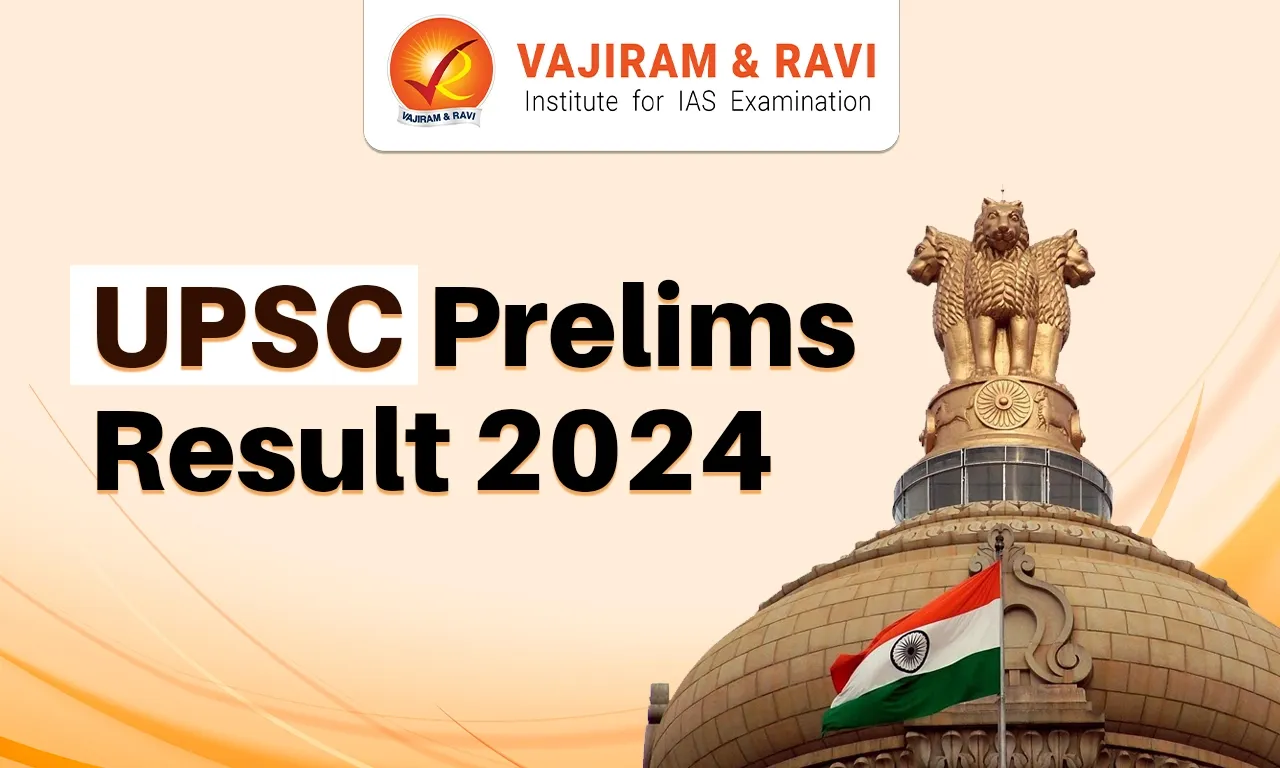UPSC English Literature syllabus contains the following: 14 novels, 5 plays, 60 poetry, and a basic foundation of English literary history. The English Literature optional paper consists of two papers (Paper-I and Paper-II), each carrying 250 marks. Paper I covers topics like Shakespeare, the Renaissance, the 18th century, Romantic and Victorian poetry, and more. Paper II includes topics such as contemporary literature, literary theory, and Indian writing in English.
The UPSC English Optional syllabus allows candidates to delve into literary analysis, critical thinking, and a deep understanding of cultural, historical, and societal contexts. This paper holds immense appeal for those with a passion for literature and a strong command of the English language.
UPSC English Literature Optional Syllabus
With 500 out of the 1750 marks in the UPSC Mains Exam, the optional subject score can improve your chances for the interview. English Literature, as an optional subject, is typically thought of as being simple and easy to understand. English Literature has a wealth of available reading material. Studying the English Literature syllabus will be beneficial for both your UPSC interview and essay. The syllabus consists of two papers designed to test a first-hand and critical reading of texts prescribed from the following periods in English Literature:
- Paper 1: 1600-1900 and
- Paper 2: 1900–1990
There will be two compulsory questions in each paper:
- A short-notes question related to the topics for general study
- A critical analysis of UNSEEN passages both in prose and verse.
UPSC English Literature Syllabus for Paper 1
The optional paper 1 in the Mains exam consists of questions with 250 marks. Check the English Literature Syllabus for UPSC Mains Optional Paper 1 below:
Texts for detailed study are listed below.
Candidates will also be required to show adequate knowledge of the following topics and movements:
The Renaissance; Elizabethan and Jacobean Drama; Metaphysical Poetry; The Epic and the Mock-Epic; Neoclassicism; Satire; The Romantic Movement; The Rise of the Novel; The Victorian Age.
Section A:
- William Shakespeare: King Lear and The Tempest
- John Donne. The following poems :
- Canonization
- Death be not proud
- The Good Morrow
- On his Mistress going to bed
- The Relic
- John Milton: Paradise Lost, I, II, IV, IX
- Alexander Pope. The Rape of the Lock
- William Wordsworth. The following poems
- Ode on Intimations of Immortality
- Tintern Abbey
- Three years she grew
- She dwelt among untrodden ways
- Michael
- Resolution and Independence
- The World is too much with us
- Milton, thou shouldst be living at this hour
- Upon Westminster Bridge
- Alfred Tennyson: In Memoriam
- Henrik Ibsen: A Doll’s House
Section B:
- Jonathan Swift. Gulliver’s Travels
- Jane Austen. Pride and Prejudice
- Henry Fielding. Tom Jones
- Charles Dickens. Hard Times
- George Eliot. The Mill on the Floss
- Thomas Hardy. Tess of the d’Urbervilles
- Mark Twain. The Adventures of Huckleberry Finn
UPSC English Optional Syllabus for Paper 2
Texts for detailed study are listed below.
Candidates will also be required to show adequate knowledge of the following topics and movements:
Modernism; Poets of the Thirties; The Stream of Consciousness Novel; Absurd Drama; Colonialism and Post Colonialism; Indian Writing in English; Marxist, Psychoanalytical and Feminist Approaches to Literature; Post Modernism.
Section A:
1. William Butler Yeats. The following poems:
– Easter 1916
– The Second Coming
– A Prayer for my Daughter
– Sailing to Byzantium
– The Tower
– Among School Children
– Leda and the Swan
– Meru
– Lapis Lazuli
– The Second Coming
– Byzantium
2. T.S. Eliot. The following poems:
– The Love Song of J.Alfred Prufrock
– Journey of the Magi
– Burnt Norton
3. W.H. Auden. The following poems:
– Partition
– Musee des Beaux Arts
– In Memory of W.B. Yeats
– Lay your sleeping head, my love
– The Unknown Citizen
– Consider
– Mundus Et Infans
– The Shield of Achilles
– September 1, 1939
– Petition
4. John Osborne: Look Back in Anger
5. Samuel Beckett. Waiting for Godot
6. Philip Larkin
– Next
– Please
– Deceptions
– Afternoons
– Days
– Mr. Bleaney
7. A.K. Ramanujan
– Looking for a Causim on a Swing
– A River
– Of Mothers, among other Things
– Love Poem for a Wife 1
– SamllScale Reflections on a Great House
– Obituary
Section B:
- Joseph Conrad. Lord Jim.
- James Joyce. Portrait of the Artist as a Young Man.
- D.H. Lawrence. Sons and Lovers.
- E.M. Forster. A Passage to India.
- Virginia Woolf. Mrs. Dalloway.
- Raja Rao. Kanthapura.
- V.S. Naipaul. A House for Mr. Biswas.
How to Prepare UPSC English Literature Syllabus?
The English Literature syllabus is simple and easy to understand. It requires good writing skills. Prior knowledge of English Literature is beneficial for a deep understanding of texts. Interest in reading and writing is also important, as is a passion for poems, dramas, novels, and writing.
- Thoroughly review the syllabus to develop a strategy that meets syllabus needs and knowledge competence. The syllabus requires reading classical and original texts within their original context.
- Going through the UPSC previous year question papers on English Literature will give you an idea of the importance of topics. It will also help you understand how to write Mains answers.
- Comparing characters from different texts set in different time periods allows you to compare the belief systems of people from different time periods. It is essential to have a deep understanding of the socio-political setup of the time period in which the work is set.
- One should have a continuous answer-writing practice. It will help to develop speed as well as cross-conceptual understanding.
- Standard Books and Material:
- History of Literature – Louis Cazamian
- The Routledge History of Literature in English – Ronald Carter and John McRae
- A New History Of English Literature – Bhim S Dahiya
- Practical Criticism by Oxford University Press
- A Glossary of Literary Terms – M.H. Abrams
- Literary Theory Today by Pramod K Nayar
- All poems, novels, and plays suggested in the syllabus
Important Topics in UPSC English Literature Syllabus
Though each topic in English Literature syllabus is important, a few topics listed below are regularly asked in the exam.
- William Shakespeare: King Lear and The Tempest
- John Donne
- William Wordsworth
- Charles Dickens
- William Butler Yeats
- W.H. Auden
- Philip Larkin
- A.K. Ramanujan
- V.S. Naipaul. A House for Mr Biswas



